Home>Articles>What Kind Of Water Should You Use In A Humidifier
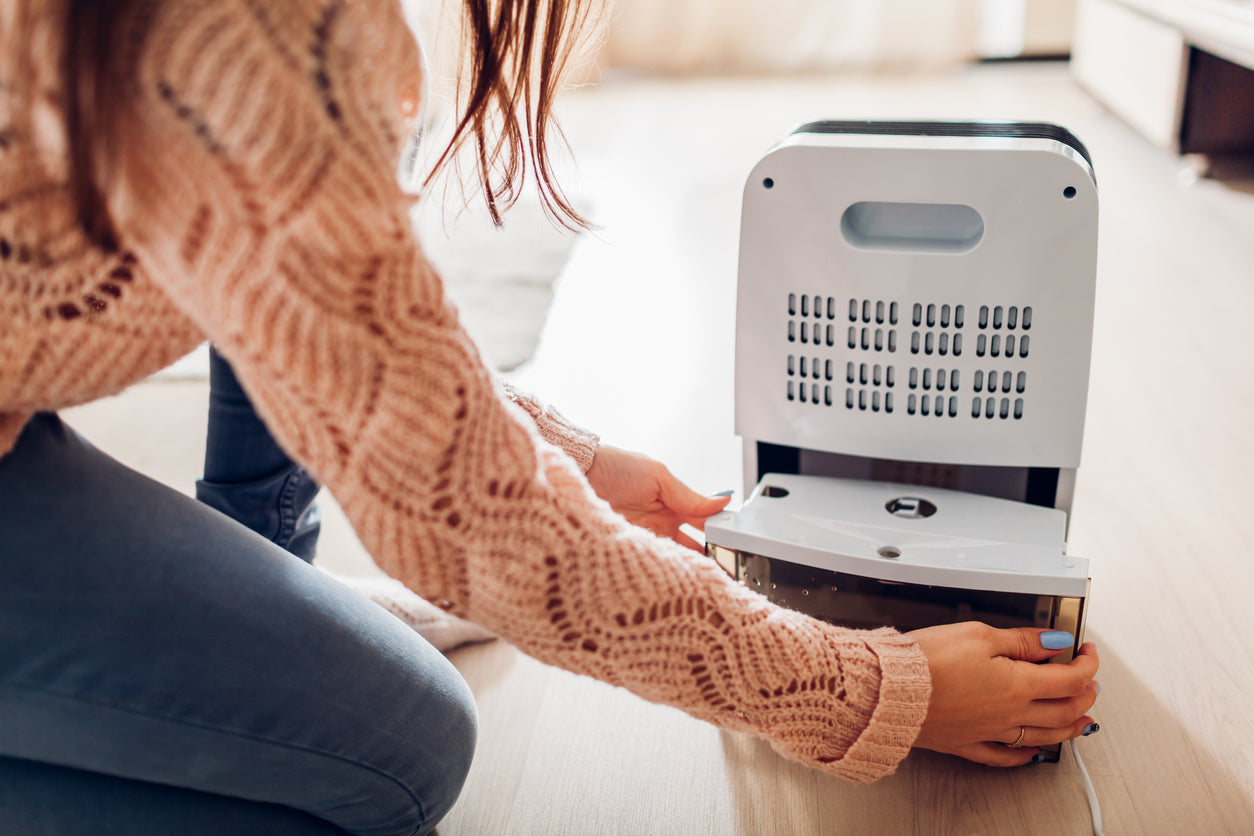

Articles
What Kind Of Water Should You Use In A Humidifier
Modified: October 18, 2024
Discover the best water for your humidifier in this informative article. Find out how using the right water can improve air quality and extend the life of your device.
(Many of the links in this article redirect to a specific reviewed product. Your purchase of these products through affiliate links helps to generate commission for Storables.com, at no extra cost. Learn more)
Introduction
Welcome to our guide on the different types of water that can be used in a humidifier. If you own a humidifier or are considering purchasing one, you may be wondering what kind of water is best to use in order to maintain its performance and prolong its lifespan.
A humidifier is a device that helps add moisture to the air, which can be beneficial for individuals who experience dryness in their nasal passages, throat, or skin. It can also reduce the symptoms of allergies, asthma, and other respiratory conditions.
When it comes to filling up your humidifier’s water tank, you have several options to choose from. Each type of water has its pros and cons, and understanding them can help you make an informed decision.
In this article, we will discuss the most common types of water used in humidifiers, including tap water, distilled water, purified water, filtered water, mineral water, and bottled spring water. We will explore the benefits and drawbacks of each, so you can determine which one is best suited for your needs.
Key Takeaways:
- Choose distilled water for your humidifier to prevent mineral buildup and ensure optimal performance. Consider cost and air quality benefits when making your decision.
- Purified water offers a balance of removing impurities while retaining essential minerals, providing a cost-effective option for improving air quality in your home.
Tap Water
Tap water is the most easily accessible and convenient option for most people. It comes directly from your household’s water supply and is readily available at any faucet in your home. Using tap water in your humidifier is convenient because you don’t need to make any additional purchases or take extra steps to obtain it.
However, tap water contains various minerals and contaminants that can have a negative impact on the performance and longevity of your humidifier. Minerals such as calcium and magnesium can leave behind mineral deposits, also known as “hard water” residue, inside the humidifier, reducing its efficiency over time. Hard water can also lead to the growth of bacteria or mold, which can be harmful to your health if released into the air.
If you choose to use tap water in your humidifier, it is important to clean it regularly to prevent the buildup of mineral deposits and bacteria. Follow the manufacturer’s instructions for cleaning and maintenance, and consider using a demineralization cartridge or adding a water treatment agent to minimize the effects of hard water.
Furthermore, the quality of tap water can vary depending on your location. Some areas have a higher concentration of minerals or contaminants in their water supply, which can further contribute to the issues mentioned above. In such cases, it may be worth exploring alternative water sources for your humidifier.
Please note that using tap water in your humidifier may also release a white mineral dust into the air, particularly in ultrasonic humidifiers. This dust is harmless, but it can settle on furniture and surfaces, requiring more frequent cleaning in your living space.
In summary, tap water is a readily available option for filling up your humidifier, but it has its drawbacks. If you choose to use tap water, make sure to clean your humidifier regularly and consider using additional treatment methods to minimize the effects of mineral deposits and potential bacteria growth.
Distilled Water
Distilled water is a popular choice for use in humidifiers because it undergoes a specific purification process that removes impurities, minerals, and contaminants. This process involves boiling water, collecting the steam, and condensing it back into a liquid form, leaving behind any substances that have a higher boiling point.
The advantage of using distilled water in your humidifier is that it is virtually free of minerals and impurities, which helps prevent the buildup of mineral deposits inside the humidifier. This can prolong the lifespan of your device and improve its overall performance. Distilled water also reduces the risk of releasing bacteria or mold into the air, promoting a healthier environment.
Using distilled water can be particularly beneficial if you live in an area with hard water or have noticed significant mineral deposits in your humidifier when using tap water. By using distilled water, you can avoid the need for descaling or cleaning your humidifier as frequently.
However, there are a few drawbacks to consider when using distilled water in your humidifier. First, distilled water can be more expensive than tap water or other alternative options. This is because the process of distillation requires additional time, energy, and equipment.
Additionally, distilled water lacks the minerals that are naturally found in water, which can have an impact on the overall air quality in your home. While this may not be a significant concern for most individuals, some people prefer to have these minerals in the air they breathe.
In summary, distilled water is a highly purified option for using in your humidifier. It helps prevent mineral deposits and reduces the risk of releasing harmful substances into the air. However, it can be more expensive and lacks the naturally occurring minerals found in other types of water. Ultimately, the choice of using distilled water in your humidifier depends on your individual preferences and concerns.
Purified Water
Purified water is another viable option for filling up your humidifier. This type of water goes through a filtration process to remove impurities, contaminants, and sometimes minerals. The specific method of purification can vary, but common techniques include reverse osmosis, carbon filtration, or distillation.
Using purified water in your humidifier offers similar advantages to using distilled water. It minimizes the risk of mineral deposits and reduces the chance of releasing harmful substances into the air. Purified water can be particularly beneficial if you have concerns about the quality of your tap water but prefer a more affordable option compared to distilled water.
One advantage of using purified water is that it retains some of the natural minerals found in water, which can effectively moisturize the air in your home. These minerals can contribute to a healthier and more balanced environment, especially for individuals with dry skin or respiratory issues.
However, it’s essential to note that the level of purity in purified water can vary. Some purification methods, such as reverse osmosis, can remove a significant portion of minerals, resulting in water that is similar to distilled water. Other purification methods may retain more minerals, providing a slightly different composition.
When using purified water, it’s essential to follow the manufacturer’s guidelines for your specific humidifier model. Some manufacturers may recommend using distilled water only, while others allow the use of purified water as an alternative. Consult the user manual or contact the manufacturer if you are unsure about the suitability of purified water for your humidifier.
In summary, purified water offers a good balance between removing impurities and retaining essential minerals. It can be a suitable option for individuals who want to improve air quality without the expense of distilled water. Check your humidifier’s manual for guidance on using purified water, and enjoy the benefits of a cleaner and healthier indoor environment.
Use distilled or demineralized water in your humidifier to prevent mineral buildup and the release of white dust. This will also help extend the life of your humidifier.
Filtered Water
Filtered water is a commonly used option for filling up humidifiers. This type of water has gone through a filtration process that removes impurities and contaminants. Filtration methods can vary, ranging from faucet-mounted filters to pitcher filters or even whole-house filtration systems.
Using filtered water in your humidifier can provide several benefits. Firstly, it helps to reduce the presence of minerals and impurities that can cause mineral deposits inside the humidifier. This can improve its overall performance and extend its lifespan. Additionally, filtered water can minimize the risk of releasing harmful substances into the air, promoting a healthier environment.
Filtered water is typically more affordable than distilled or purified water, making it an attractive option for many. It is readily available through various filtration systems, so there is no need to purchase or transport bulky containers of water.
However, it is important to note that the effectiveness of a filtration system can vary. Some filters may only remove a certain percentage of impurities, while others may be more comprehensive. Depending on the quality of your tap water and the specific filtration system you use, there may still be trace amounts of minerals or contaminants present in the filtered water.
If you choose to use filtered water in your humidifier, it is crucial to regularly replace the filter and follow the manufacturer’s cleaning and maintenance instructions. This will help ensure that the filtration system is working effectively and the water you’re using remains clean and free of impurities.
In summary, using filtered water in your humidifier can be a cost-effective and convenient option. It helps remove impurities and reduces the risk of mineral deposits and harmful substances being released into the air. However, the effectiveness of the filtration system may vary, so it’s important to choose a reliable system and follow proper maintenance practices.
Read more: What Kind Of Paint Do You Use On Stucco
Mineral Water
Mineral water is a type of natural spring water that contains various minerals, such as calcium, magnesium, and potassium. It is sourced from underground springs and often marketed for its perceived health benefits.
Using mineral water in your humidifier can have some advantages. The naturally occurring minerals in mineral water can add beneficial properties to the air in your home. For example, calcium and magnesium ions can help to promote healthy skin and can potentially provide relief for individuals with respiratory issues.
However, it’s important to consider the potential drawbacks of using mineral water in your humidifier. Firstly, mineral water may contain higher levels of minerals compared to other types of water, which can contribute to the buildup of mineral deposits inside the humidifier. This can affect its performance and may require more frequent cleaning and maintenance.
Another consideration is the cost. Mineral water, especially those marketed as premium or with high mineral content, can be more expensive compared to other water options. If you plan to use mineral water on a regular basis, it could significantly increase your expenses over time.
Additionally, the mineral content in mineral water can vary depending on the brand, source, and treatment methods used. This means that the mineral concentration in the water may not be consistent, which could impact the effectiveness of using mineral water in your humidifier for specific health benefits.
It’s important to read the label and understand the mineral content of the specific brand of mineral water you plan to use. This will give you an idea of the mineral composition and help you make an informed decision for your humidifier.
In summary, mineral water can provide additional minerals to the air in your home, potentially offering some health benefits. However, it may also contribute to the buildup of mineral deposits in your humidifier and can be more expensive compared to other water options. Consider the cost and mineral concentration carefully before deciding to use mineral water in your humidifier.
Bottled Spring Water
Bottled spring water is a popular choice for individuals who prefer a convenient and reliable source of water for their humidifiers. It is sourced from natural springs and undergoes minimal processing, retaining its natural mineral content.
Using bottled spring water in your humidifier offers some advantages. Firstly, it is usually free from potentially harmful substances and contaminants that can be present in tap water. This can help ensure that the air in your home remains clean and healthy, especially for those with respiratory sensitivities.
Another benefit of using bottled spring water is the consistent quality and mineral content. Bottled spring water often undergoes regular testing to ensure its safety and quality, providing peace of mind. The natural minerals present in the water can help create a more balanced and comfortable environment by providing additional moisture to the air.
However, there are a few considerations to keep in mind when using bottled spring water. The cost can be higher compared to other water options, especially if you plan to use it regularly in your humidifier. Depending on the brand and size of the bottles, the expenses can add up over time.
Furthermore, the environmental impact of using single-use plastic bottles for your humidifier water needs should also be taken into account. Considered alternatives such as purchasing larger containers of spring water to refill your humidifier or using a water filtration system to reduce waste.
It’s important to note that the mineral content in bottled spring water can vary depending on the brand and source. While some brands may provide detailed information about the mineral composition, others may have a more general description. Understanding the mineral content can help you determine if it aligns with your preferences and provides the desired benefits for your specific needs.
In summary, bottled spring water can offer a reliable and consistent source of clean water for your humidifier. It is typically free from contaminants present in tap water and contains natural minerals to enhance the air quality in your home. However, it can be more expensive and contribute to plastic waste. Consider the cost and environmental impact before deciding to use bottled spring water in your humidifier.
Conclusion
Choosing the right type of water for your humidifier is essential for maintaining optimal performance and creating a healthy indoor environment. Each type of water has its own advantages and considerations, and it’s important to weigh them based on your specific needs and preferences.
Tap water is the most easily accessible option, but it can contain minerals and contaminants that can affect your humidifier’s performance and air quality. Regular cleaning and maintenance are necessary when using tap water in your humidifier to prevent mineral deposits and bacteria growth.
Distilled water is highly purified and helps to minimize mineral buildup, ensuring the longevity and efficiency of your humidifier. However, it can be more expensive and lacks the natural minerals found in other water types.
Purified water is an alternative to distilled water that offers similar benefits, removing impurities while retaining some essential minerals. It can be a cost-effective option for improving air quality, depending on the specific purification method used.
Filtered water is a convenient and affordable option that removes impurities and reduces the risk of mineral deposits. The effectiveness of the filtration system may vary, so make sure to choose a reliable one and follow proper maintenance practices.
Mineral water contains natural minerals that can add beneficial properties to the air, but it may contribute to mineral deposits and be more expensive compared to other options. Consider the mineral content and cost before choosing mineral water for your humidifier.
Bottled spring water offers a consistent source of clean and mineral-rich water for your humidifier. However, it can be more costly, and the use of single-use plastic bottles may have environmental implications. Explore alternatives such as larger containers or water filtration systems for a more sustainable option.
In the end, the choice of water for your humidifier depends on factors such as water quality, cost, mineral content, and personal preferences. Consider the pros and cons of each option and choose the one that best suits your needs to maintain a healthy and efficient humidifier.
Frequently Asked Questions about What Kind Of Water Should You Use In A Humidifier
Was this page helpful?
At Storables.com, we guarantee accurate and reliable information. Our content, validated by Expert Board Contributors, is crafted following stringent Editorial Policies. We're committed to providing you with well-researched, expert-backed insights for all your informational needs.
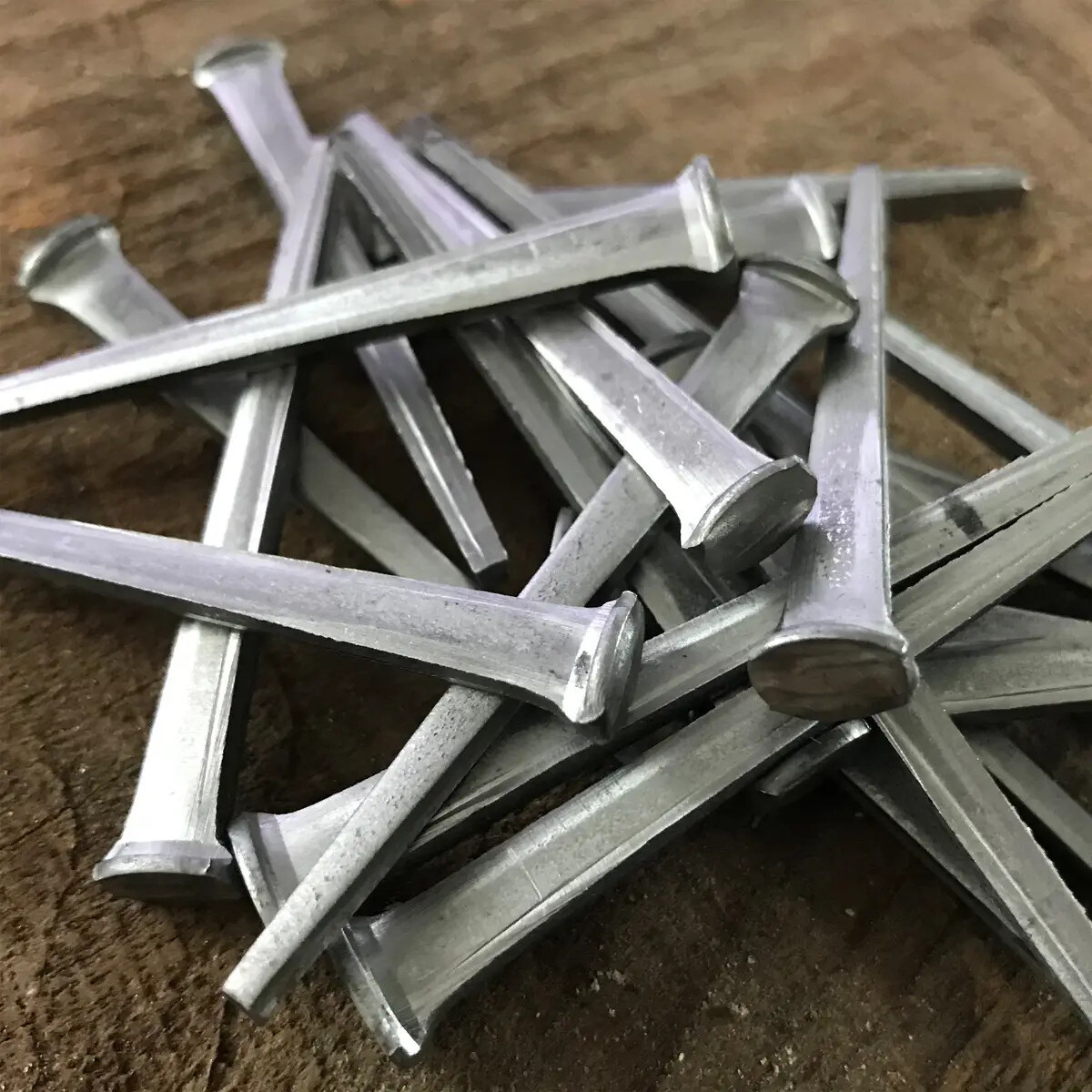
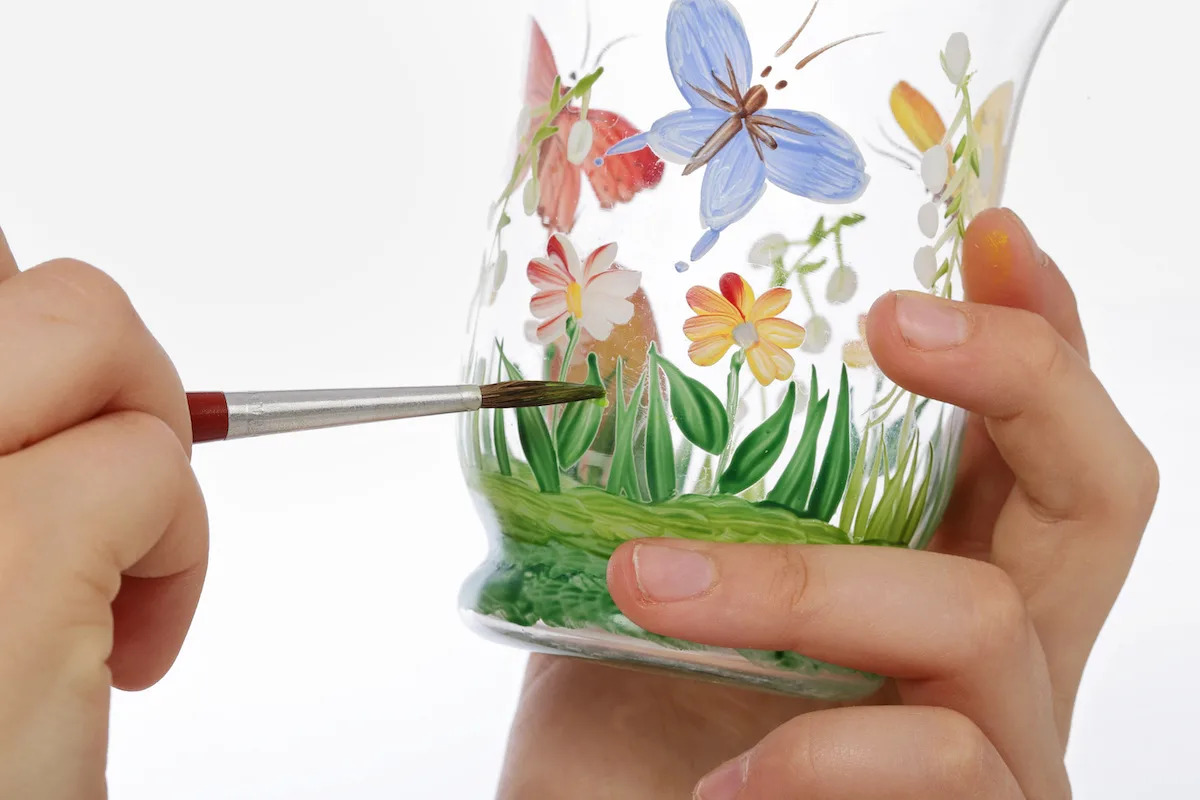

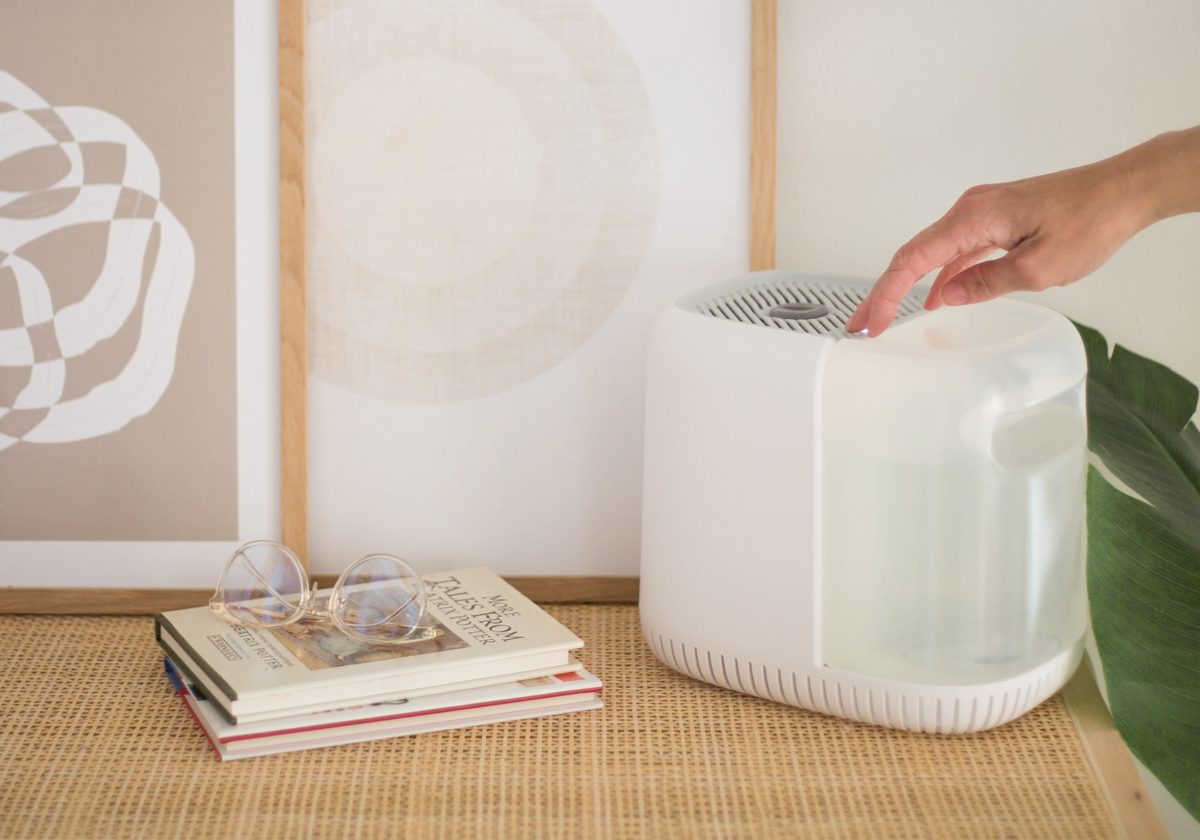
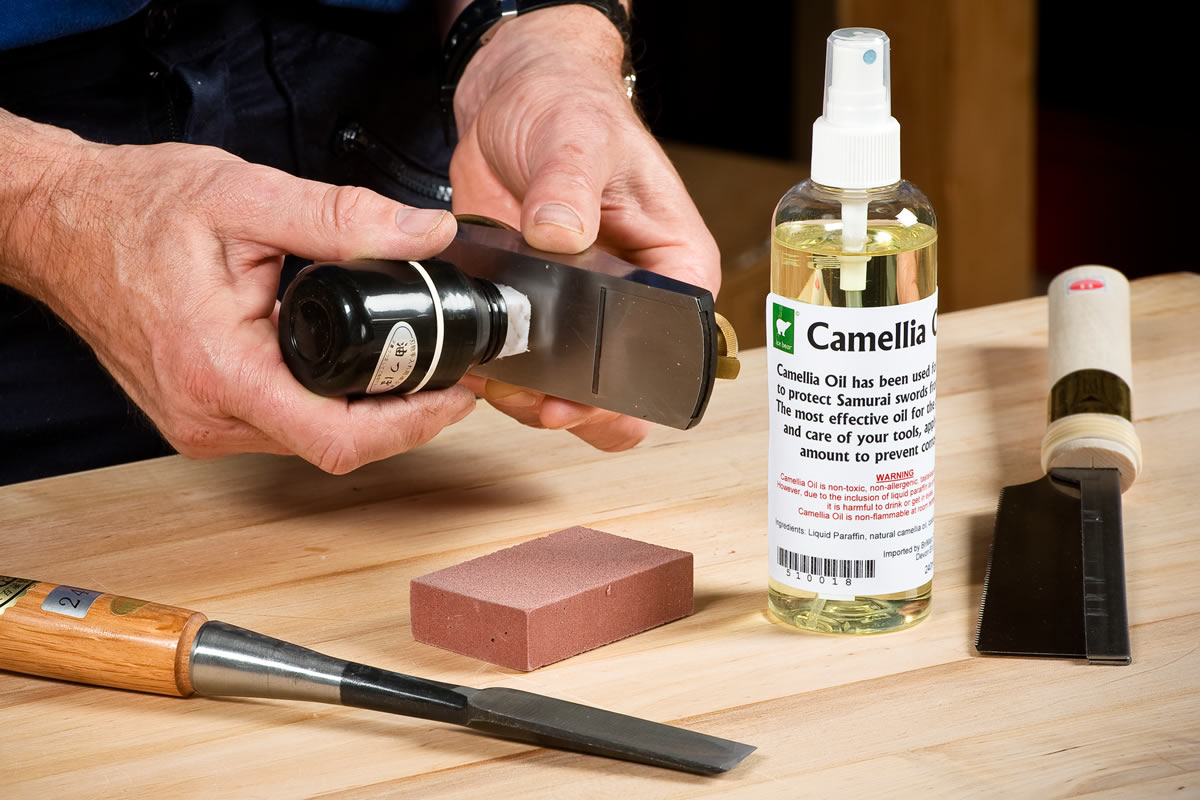
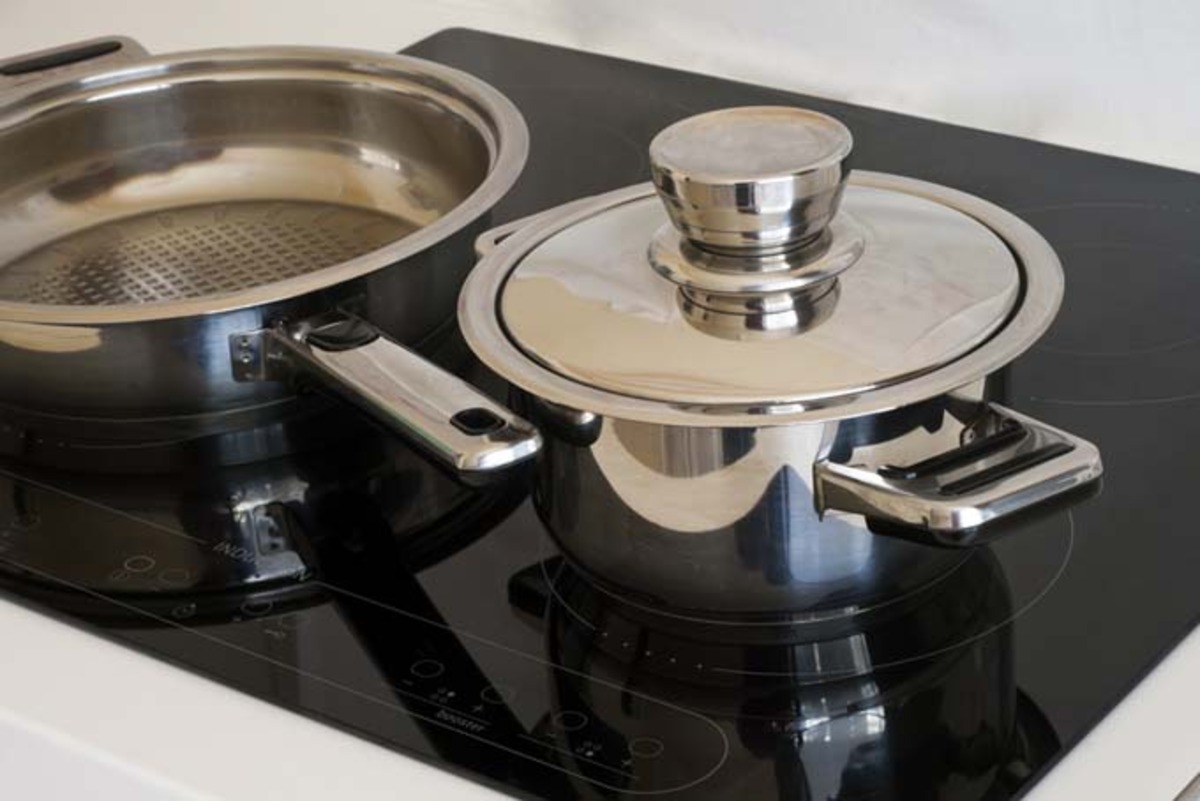
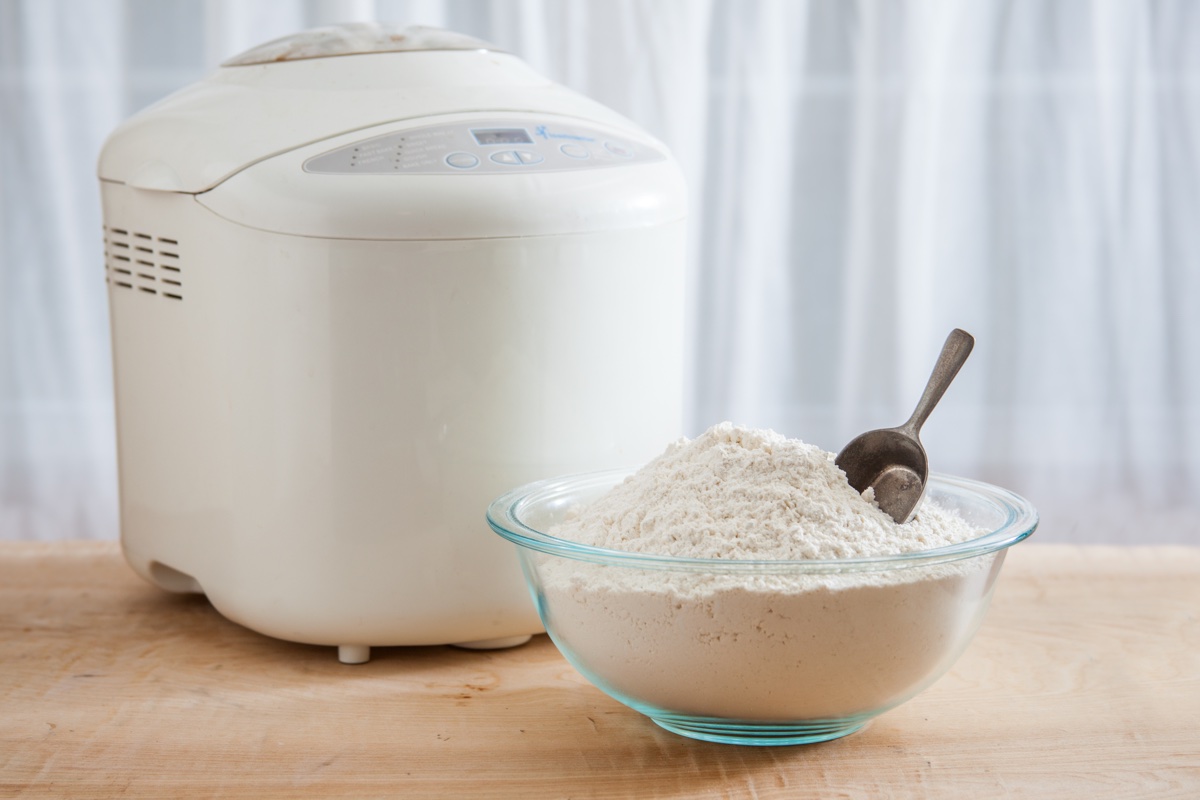

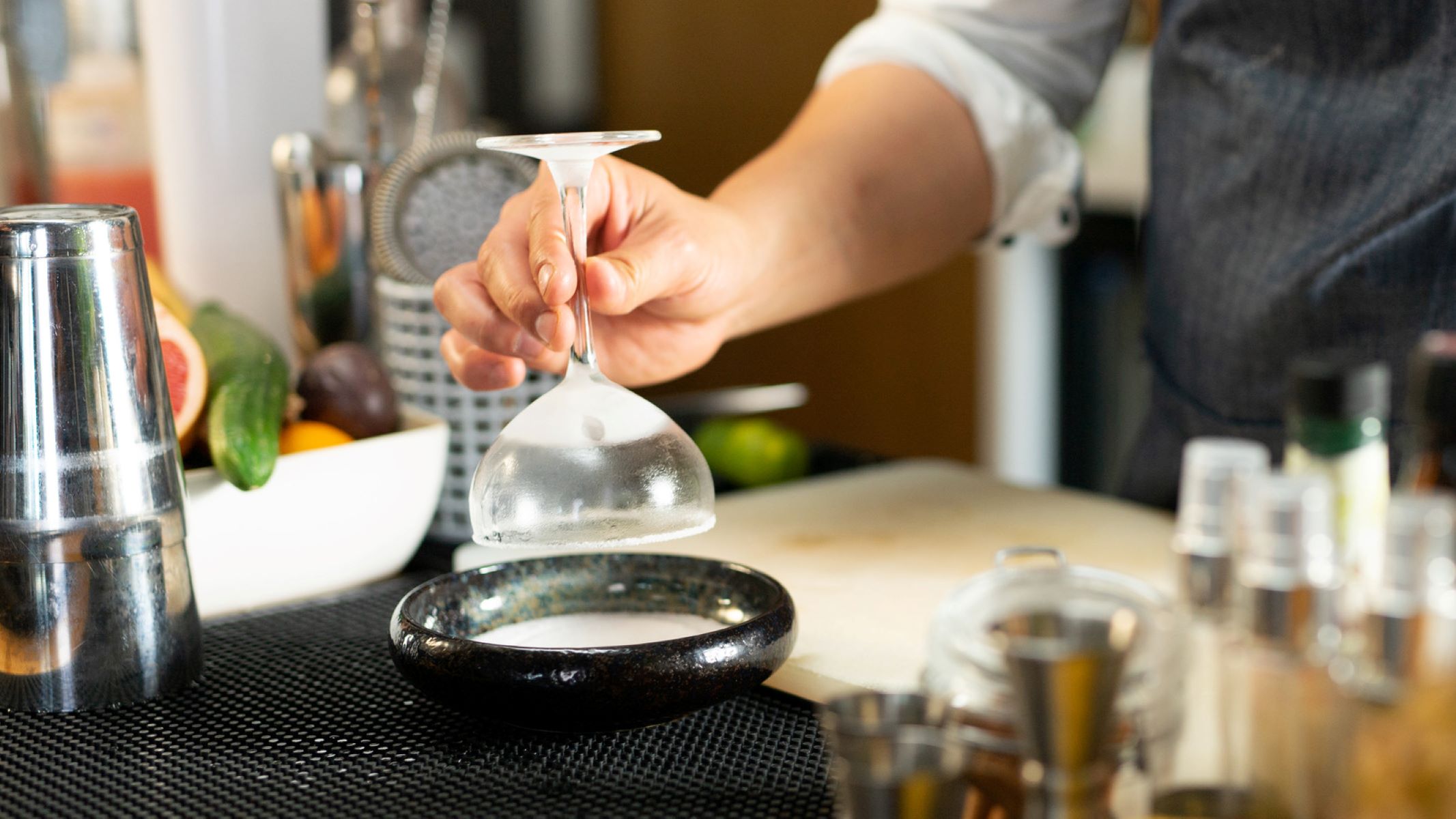
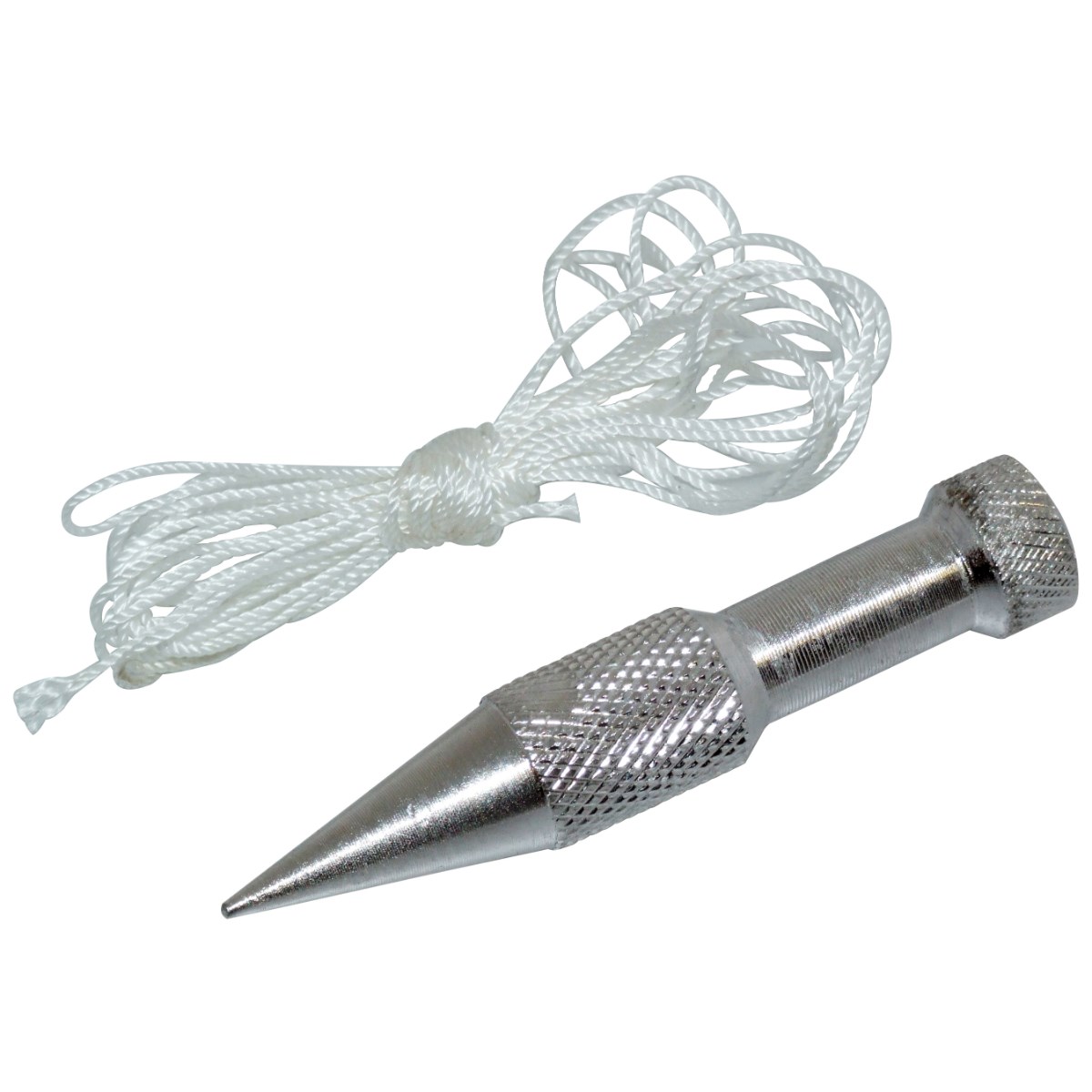
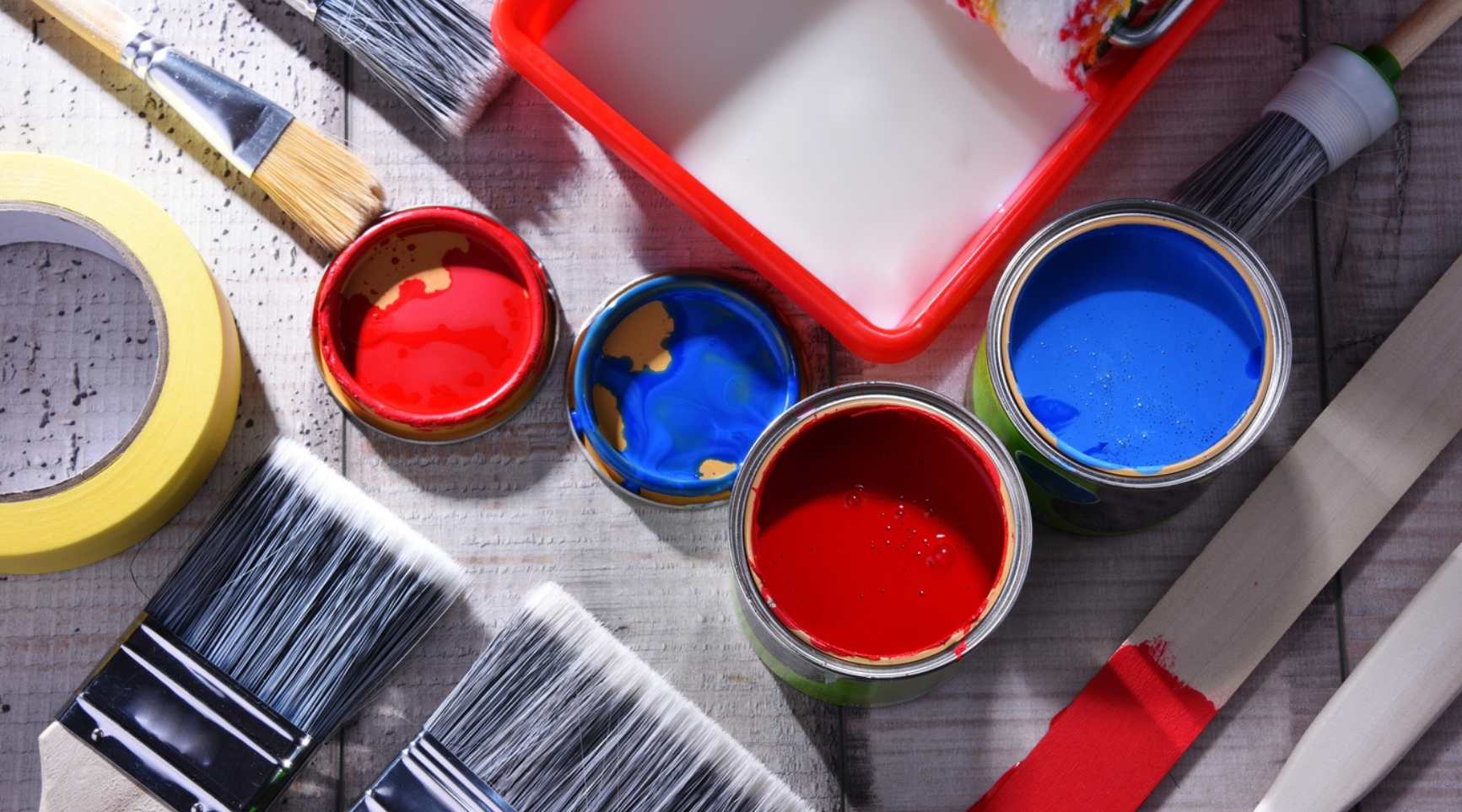

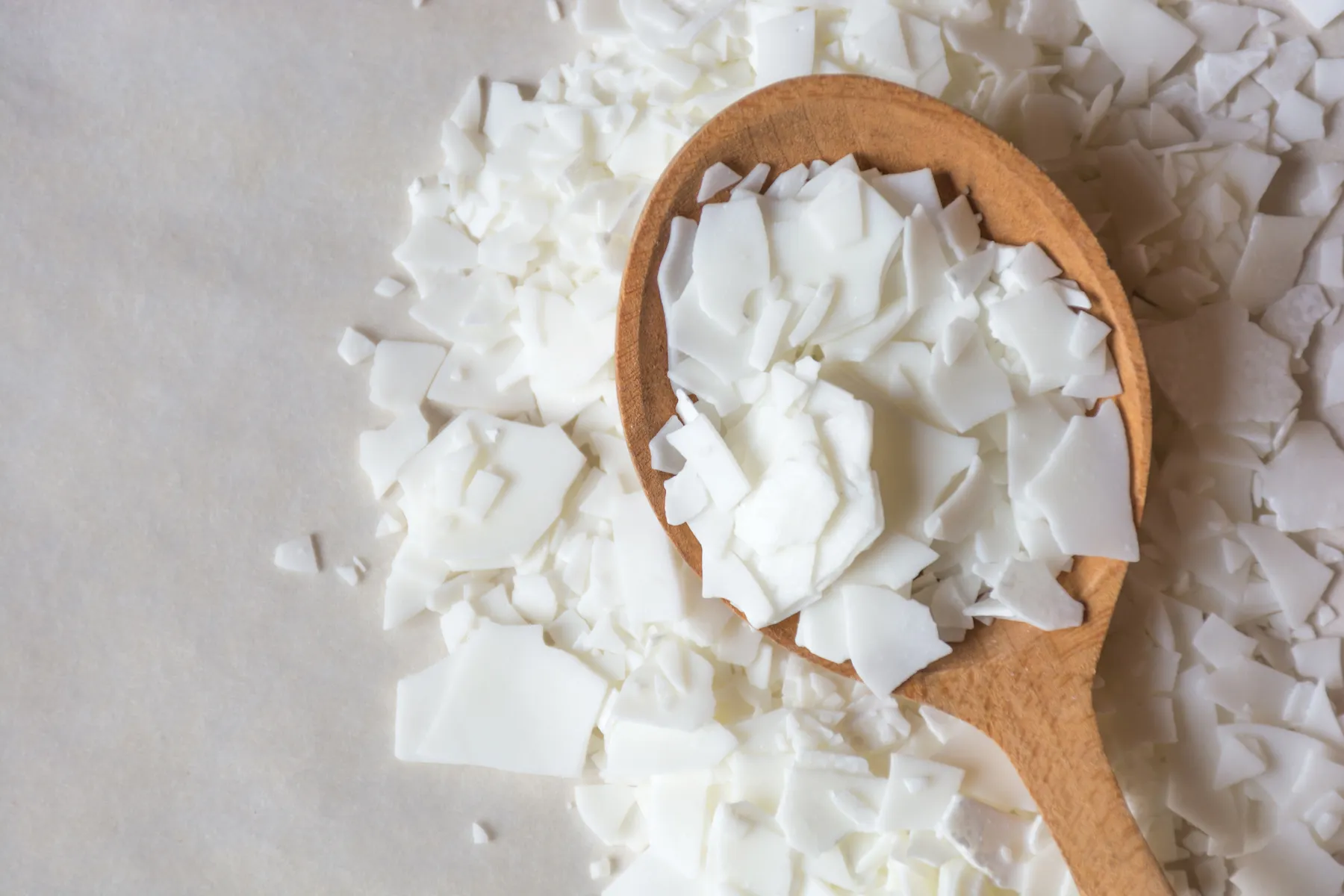


0 thoughts on “What Kind Of Water Should You Use In A Humidifier”